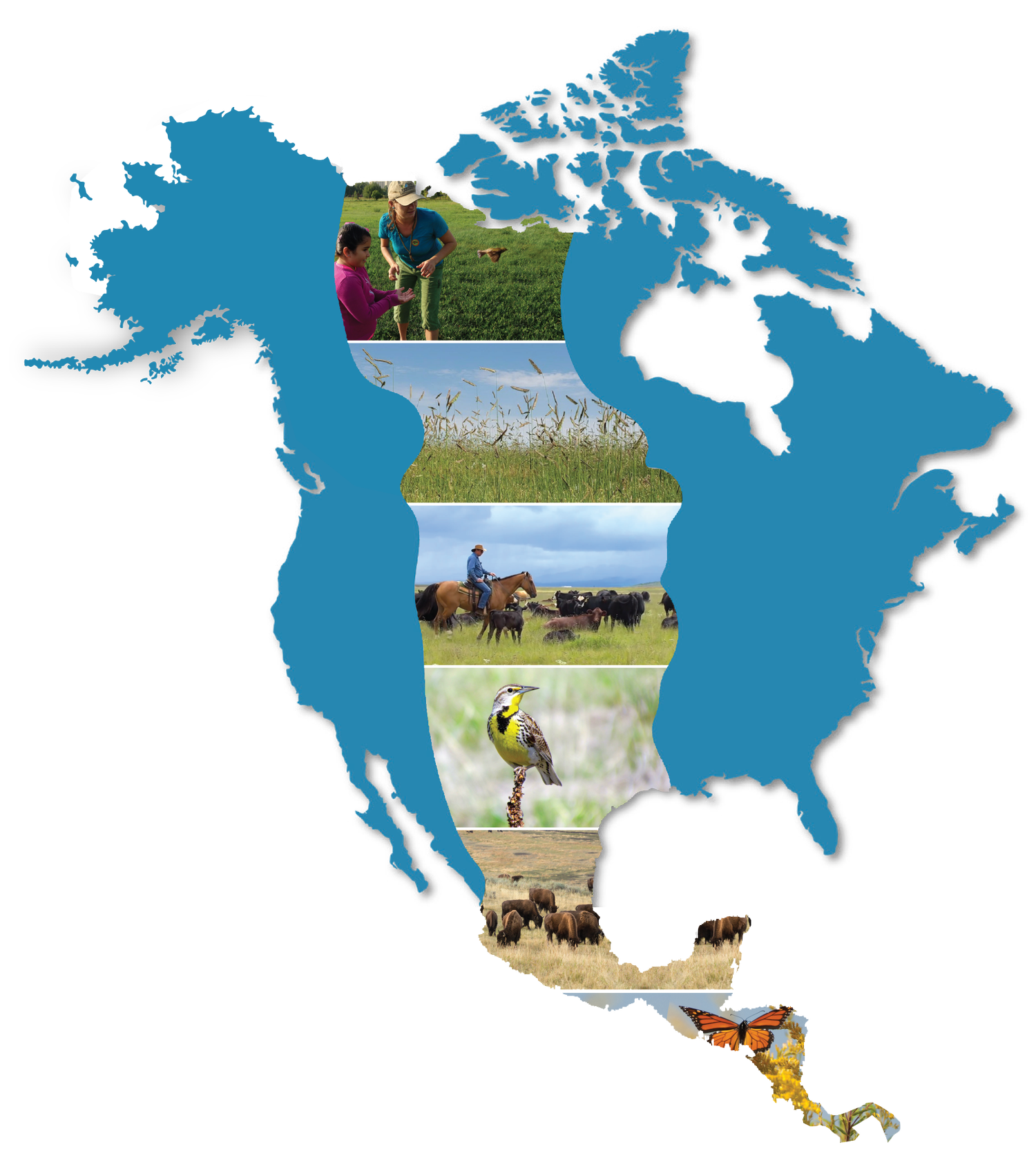The Land Institute: Transforming Agriculture, Perennially
Population growth and conventional agricultural methods threaten both the earth and agriculture itself. The Land Institute, a 501(c)(3) nonprofit based in Salina, Kansas, works to create perennial crops that mimic natural systems, all to eliminate the negative impacts of agriculture and maximize food output. The Institute comprises a team of plant breeders and ecologists that collaborate in several partnerships worldwide.
The Land Institute firmly promotes the widespread cultivation of perennial crops as unlike annual crops, perennials do not have to be replanted every year. The replanting process of annual crops necessitates that farmers kill weeds and pests with chemicals. Tillage, also necessary for annual crops, causes soil carbon loss and erosion.
As an alternative to traditional annual crops, the Institute develops perennial crops in two ways: by domesticating wild perennial plant species, and by “perennialization” of existing annual crops. Both are achieved either through selective breeding or cross-breeding plant species. One particular Land Institute initiative is The Global Inventory Project, a large-scale, global operation to identify perennial crops for domestication.
The Land Institute also advocates and strives for plant biodiversity in three areas: species, community, and ecosystem. Perennial crops, the Institute states, are essential to ecosystem biodiversity after disturbances such as droughts or wildfires: perennial plants either re-sprout or dominate annual plants in regenerative growth. See more …
